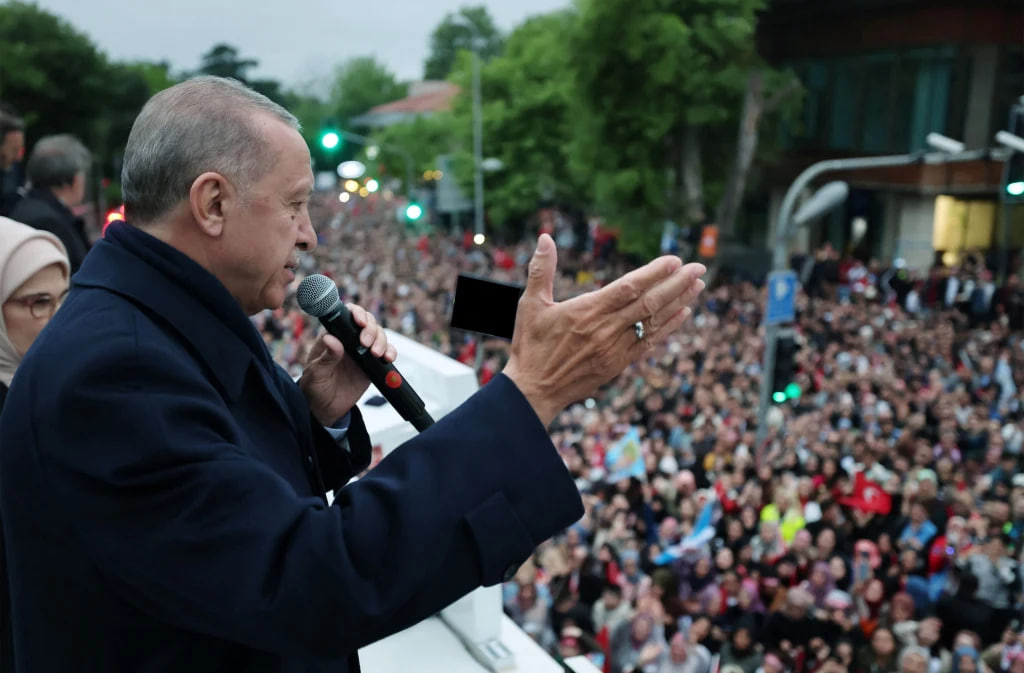Ankara, Turkey, May 29: Incumbent President Recep Tayyip Erdogan has emerged victorious in a fiercely contested presidential election held on May 14 and 28, reaffirming his rule over Turkey for a consecutive two-decade period.
Despite a closely fought battle, Erdogan clinched the win by a narrow margin, solidifying his position at the helm of the nation.
The election witnessed an impressive turnout of 84.22% on May 28, reflecting the people’s unwavering faith in the electoral process, as reported by Anadolu.
Simultaneously, parliamentary elections were held on May 14 to elect 600 Members of Parliament to the Grand National Assembly of Turkey.
Having held the presidential office since 2014, Erdogan’s ruling Justice and Development Party (AK Party) experienced a setback, losing its absolute majority in the Grand National Assembly for the first time since June 2015. As a result, the AK Party was compelled to rely on its coalition ally.
In a two-round Presidential race, Recep Tayyip Erdogan secured 52.14% of the votes, while his opponent, opposition leader Kemal Kilicdaroglu, garnered 47.86% of the total votes, revealing a divided political landscape within the country.
President Erdogan’s triumph in the election extends his two-decade reign, which began when he assumed the role of Prime Minister in 2003. Although his challenger, Kemal Kilicdaroglu, expressed dissatisfaction with the electoral process, he did not contest the outcome.
This election held significant implications for Turkey, as the opposition believed it had a strong chance of unseating Erdogan and reversing his policies, especially in the aftermath of a cost-of-living crisis that had dented his popularity.
However, Erdogan’s victory solidified his image of invincibility, as he had previously reshaped domestic, economic, security, and foreign policies in the NATO member nation with its population of 85 million.
Erdogan’s major political journey began as the popular Mayor of Istanbul from 1994 to 1998, and later as the Prime Minister from 2003 to 2014. During this time, he gained recognition in Europe and on the world stage as a pro-democratic and progressive leader representing the Muslim world.
However, since assuming the presidency in 2014, Erdogan has sought to transform Turkey from Mustafa Kemal Ataturk’s secular modern state into a nation founded on conservative Islamic values.
While Erdogan’s vision of positioning Turkey as a leader within the Islamic Ummah and reclaiming its historical significance during the Ottoman Caliphate resonates with many both within and outside Turkey, critics argue that his policies lean toward ultra-conservatism and authoritarianism.
Critics link his policies to a deteriorating economy, high cost of living, corruption, near-default conditions, soaring inflation, unemployment rates, and a weakening Turkish Lira.
At the international level, Erdogan’s policies have strained Turkey’s century-old relations with the United States and Europe. Erdogan’s objection to Sweden joining NATO and Ankara’s close ties with Moscow, as well as differences over Syria, have impeded U.S.-Turkey relations.
In the realm of Asia, where Erdogan has sought to expand Turkish influence, often with military involvement, relations with Saudi Arabia, India, and Israel have also deteriorated. However, given Turkey’s domestic and regional challenges, Erdogan has made efforts over the past year to reconcile and restore relations with these nations.
Despite criticisms and challenges, Erdogan’s leadership prevailed even in the face of a recent devastating earthquake on February 6, 2023, which claimed a confirmed death toll of 50,783 and left thousands severely injured. Analysts predicted this tragedy could trigger Erdogan’s downfall.
However, his victory by an even narrow margin demonstrated the continued faith placed in Erdogan’s leadership by the majority of the Turkish populace.
World leaders have extended their congratulations to him for securing another term in office. Meanwhile, Following his re-election, Erdogan has expressed his commitment to building a “strong economic management based on the principles of trust and stability.”
Erdogan’s re-election marks the continuation of his long-standing rule, with both his supporters and critics closely monitoring the future direction of the nation under his leadership. As Turkey navigates domestic and international complexities, Erdogan’s policies and the evolving dynamics of the region will shape its trajectory in the coming years.






